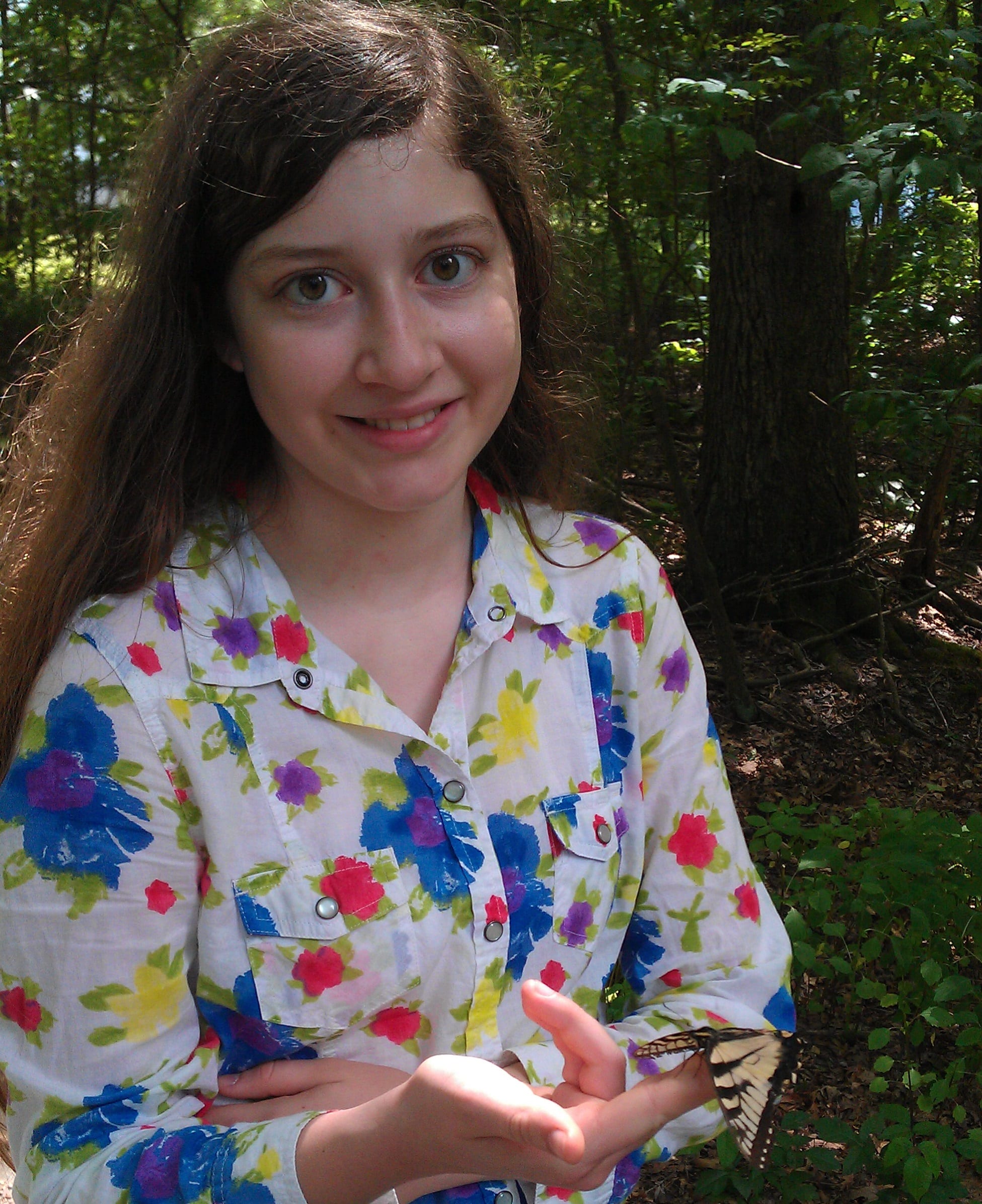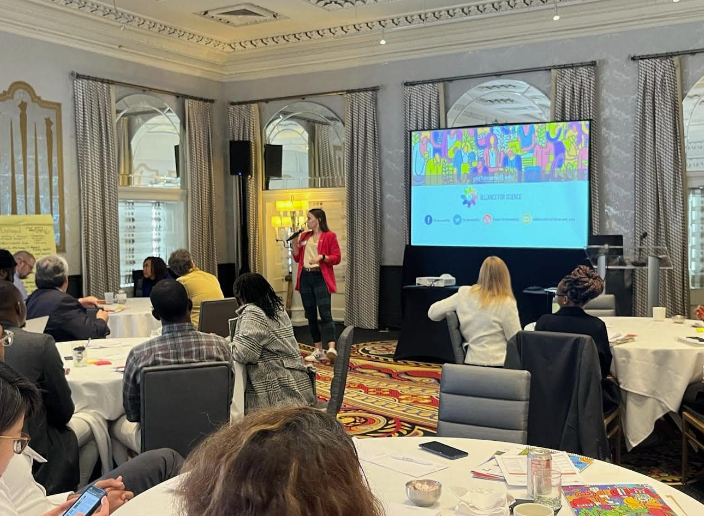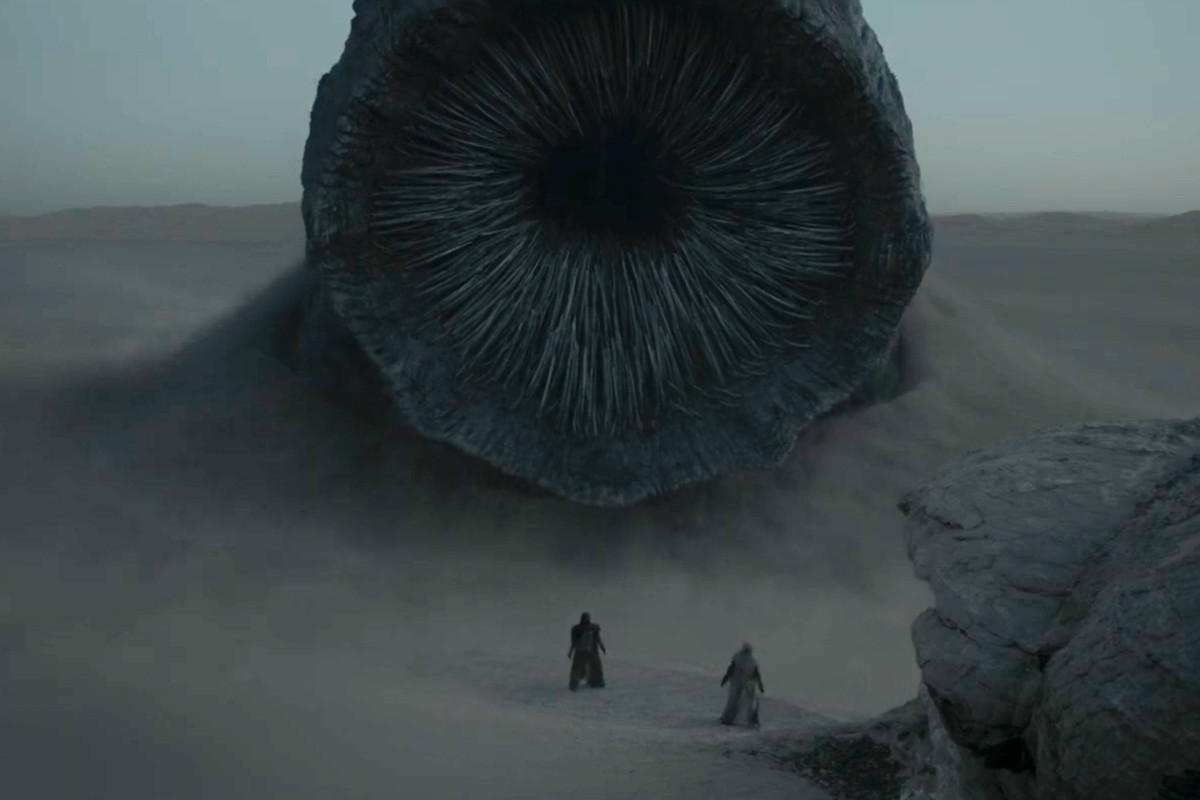Everyone makes mistakes. Maybe you left popcorn in the microwave too long, or wrote the wrong date on important paperwork. Maybe you asked a friend what kind of cake he wants for his surprise party, or mistook Miracle Whip for marshmallow fluff (I will never live this one down).
But there is hope for the accident-prone among us. According to television artist Bob Ross, “There are no mistakes. Just happy accidents.†Recent research suggests that his words hold the key to bouncing back after failure. It all depends on how your brain handles blunders.
Say you're at the grocery store when you spot your good friend Max. You call his name – only to realize Max is the name of his dog.
Within 80-150 milliseconds, your brain has already registered your error. If you happen to be hooked to an electroencephalograph (EEG) monitoring the electricity in your brain, you'd see a spike of negative activity appropriately termed Error-Related Negativity (ERN), more accurately known as the “oh crap response.â€
 Your brain doesn't stay negative for long: 90 to 500 milliseconds later, a positive signal called error positivity (Pe) is registered as your brain tries to correct itself. His name's Joe! (And why am I wearing an EEG in the grocery store?)
Your brain doesn't stay negative for long: 90 to 500 milliseconds later, a positive signal called error positivity (Pe) is registered as your brain tries to correct itself. His name's Joe! (And why am I wearing an EEG in the grocery store?)
A sharper negative spike and a longer positive pulse are both associated with more effective learning in the face of failure: while the negative spike makes sure you've detected it in the first place, a longer positive signal shows your brain spending more effort to consider- and correct- the behavior.
All this happens in a matter of milliseconds, faster than you can say “oops.†But according to a 2011 study by Dr. Jason Moser, the crucial factor in the strength of these two signals is the person's conscious attitude toward their accident. Moser identifies two attitudes toward intelligence that ultimately decide whether an error will help you or haunt you.
The first assumes that intelligence is “fixed†– that the IQ that you're born with is what you're limited to for life. This belief is completely false, but unfortunately it also tends to be self-fulfilling. Without hope of improvement, mistakes become indications of fatal flaws, evidence of inherent stupidity or incompetence: I can never remember anyone's name. I must just be stupid. This leads the brain to “shut down,†moving on as quickly as possible to avoid further discouragement.
We often assume that strong negative reactions to our mistakes make us less prone to commit them again. In reality, however, treating failure as something to be rejected at all costs is more likely to hinder real learning from occurring when disaster does strike.
On the other hand, people who trust their ability to improve despite their flaws possess a “growth mindset.†Those with more of a Bob Ross-mentality, who don't fret over their mistakes, are free to focus their energies on examining and redeeming their failures (er, “happy accidentsâ€).
The growth mindset allows us not only to bounce back from our own errors, but to foster that same resilience in each other. For example, Moser's study shows why condemning a young student (or ourselves) as “bad†at math, writing, or any other activity can be so devastating. But his findings also have an equally hopeful flip side: nothing fosters creativity and progress like a healthy appreciation for screwing up.
“What is important is the motivation,†says Dr. Carol Dweck, who has spent years studying the effects of a growth mindset in both adults and children. Dweck recalls one child who settled for being a “troublemaker†when he didn't feel intelligent enough to be anything else; when he finally realized he wasn't locked to an IQ score, “he looked up with tears in his eyes, and he said, ‘You mean I don't have to be dumb?'â€
 Just one tiny distinction- the affirmation of growth over a judgement of mental capacity – can free ourselves and those around us to reach beyond ourselves; not as perfect, error-free experts, but as the “erring humans†we are.
Just one tiny distinction- the affirmation of growth over a judgement of mental capacity – can free ourselves and those around us to reach beyond ourselves; not as perfect, error-free experts, but as the “erring humans†we are.
So next time you fail an exam, call your friend by the wrong name, or reach for the Miracle Whip, don't fret. Mistakes may be inevitable, but they can easily become “happy accidentsâ€- if we aren't too busy beating ourselves up to hear what they have to say.
About the Author
 Rosemary Wills is a freshman at UGA majoring in Plant Biology. She spends her days learning about science, writing, and investigating bits of nature she finds on her way to class. In her spare time, she enjoys Python programming and spending time with family. You can e-mail her at rwills25@uga.edu. More from Rosemary Wills. Rosemary Wills is a freshman at UGA majoring in Plant Biology. She spends her days learning about science, writing, and investigating bits of nature she finds on her way to class. In her spare time, she enjoys Python programming and spending time with family. You can e-mail her at rwills25@uga.edu. More from Rosemary Wills. |
About the Author
-
athenssciencecafehttps://athensscienceobserver.com/author/athenssciencecafe/April 17, 2020
-
athenssciencecafehttps://athensscienceobserver.com/author/athenssciencecafe/April 12, 2020
-
athenssciencecafehttps://athensscienceobserver.com/author/athenssciencecafe/April 3, 2020
-
athenssciencecafehttps://athensscienceobserver.com/author/athenssciencecafe/March 30, 2020







